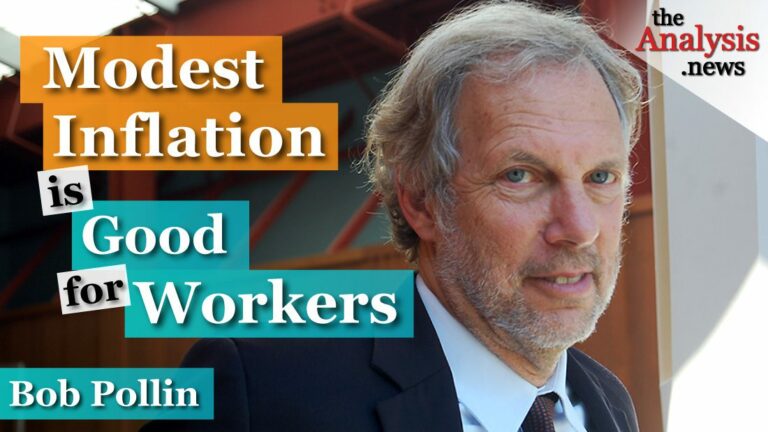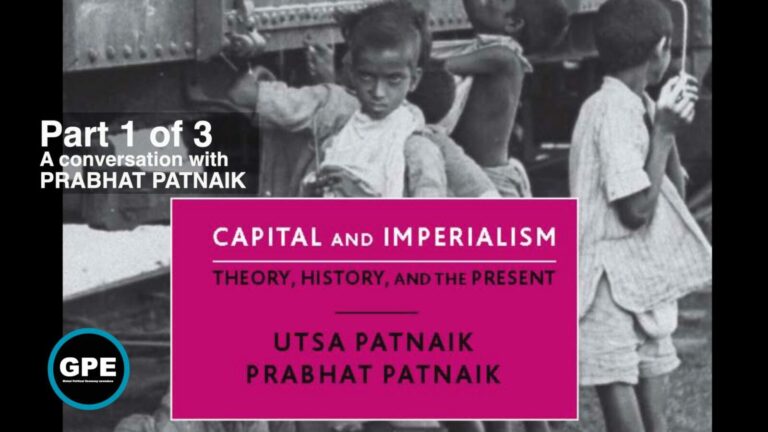Rethinking Development: Towards a Post Hegemonic World
This panel discussion was part of the fourth annual UNCTAD YSI Summer School.

This panel discussion was part of the fourth annual UNCTAD YSI Summer School.

On Reality Asserts Itself, Ms. Foroohar says the legalization of stock buybacks in 1982 allowed companies like Apple to now spend only 15% of their investments on R&D, while the majority is spent on market manipulation; the Financial Times columnist and author of “Makers and Takers” said the move from traditional pensions to 401k’s makes everyone feel they benefit from finance when the vast majority of profits go to the elites and most people’s living standards deteriorate – with host Paul Jay. This is an episode of Reality Asserts Itself, produced May 9, 2018.

Finance is being propped up with public money while states and cities face disaster. BIll Black joins Paul Jay on theAnalysis.news podcast

Chuck Collins, a member of Patriotic Millionaires, has unraveled how the super-rich use the wealth defense industry to gain power in its efforts to hoard and hide their clients’ assets. As a result, it becomes a parasitical appendage on the real productive economy, extracting rents and fees from the wealthy and enterprising sectors of the economy. Mr. Collins joins Paul Jay on theAnalysis.news

This is an episode of Reality Asserts Itself, produced on January 9, 2014. Hopkins trained doctor Marisela Gomez tells Paul Jay that Johns Hopkins expansion plans are changing the class and racial character of the surrounding community.

Will a large infrastructure plan create inflation? If inflation is linked to higher wages, that’s not bad for workers, says Pollin. Large increases in inflation have been linked to higher oil prices which are unlikely. What’s missing from the Biden plan is it doesn’t sufficiently address a just transition for fossil fuel workers. Bob Pollin joins theAnalysis.news with Paul Jay.

Imperialism which existed in the colonial era persists to this day and the system cannot do without it. In a 3 Part series, Prabhat Patnaik discusses his read on the history of capitalism from colonialism into the present. Prabhat Patnaik reviews the connection between imperialism and capitalism through history to stress that by necessity of the accumulation of wealth, somewhere demand has to be suppressed to provide cheap inputs to ‘the markets’. The colonialist relation is retained to the present, with changing subjects.